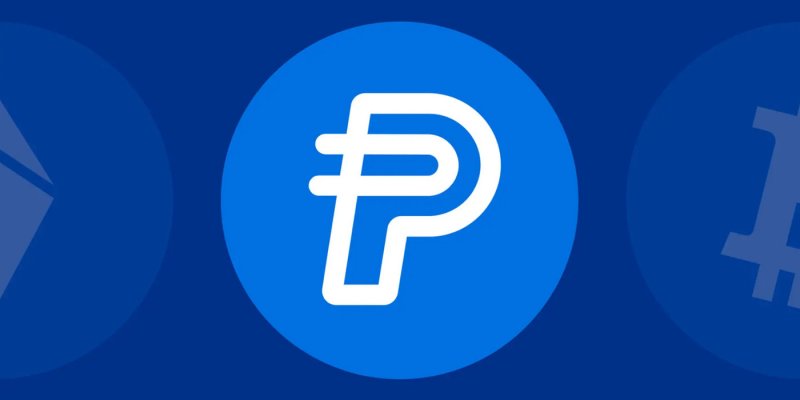
PayPal Launches U.S. Dollar-Backed Stablecoin, Signaling Fintech Confidence in Digital Currency Landscape
On August 7, Payment giant PayPal has introduced a stablecoin backed by the U.S. dollar, marking a significant move by a major fintech company to adopt digital currencies for transactions and transfers.
This announcement from PayPal has led to a 2.66% increase in its stock price on Monday, showcasing a notable display of confidence in the volatile cryptocurrency sector. Over the past year, the cryptocurrency industry has grappled with regulatory challenges and high-profile collapses that have raised concerns.
Despite the existence of stablecoins - cryptocurrencies that are pegged to stable assets to mitigate extreme price fluctuations - for several years, these tokens have yet to gain substantial traction in mainstream consumer payment systems. Instead, stablecoins have mainly been utilized for trading other cryptocurrencies such as bitcoin and ether. Notably, Tether stands as the largest stablecoin, followed by USD Coin issued by crypto provider Circle.
Previous attempts by well-established mainstream companies to launch stablecoins have encountered significant resistance from financial regulators and policymakers. Meta (formerly Facebook) faced regulatory pushback against its 2019 plan to launch Libra, a stablecoin, due to concerns about potential disruptions to global financial stability.
Several major economies, including the European Union and Britain, have since established regulations to oversee stablecoins, with the EU's regulations set to take effect in June 2024.
According to Ian Katz, Managing Director of Capital Alpha Partners, while PayPal may not generate the same level of controversy as Facebook, its prominence will undoubtedly draw attention from Capitol Hill, the Federal Reserve, and the Securities and Exchange Commission.
Last month, the U.S. House Financial Services Committee advanced a bill aimed at establishing a federal regulatory framework for stablecoins. This legislation will focus on regulations pertaining to the registration and approval process for stablecoin issuers.
Representative Patrick McHenry, the Republican chair of the committee, remarked that PayPal's stablecoin announcement underscores the potential of stablecoins to become a foundational element of the modern payment system. He highlighted the ongoing bipartisan legislative progress aimed at ensuring the U.S. remains a leader in digital asset innovation.
PayPal's stablecoin, known as PayPal USD (PYUSD), is backed by U.S. dollar deposits and short-term U.S. Treasuries. The issuance of the stablecoin will be overseen by Paxos Trust Co. Initially available to U.S. customers of PayPal, the token can be redeemed for U.S. dollars at any time and can also be used for trading other cryptocurrencies offered on the PayPal platform, such as bitcoin.
Paxos celebrated the launch of PYUSD as a groundbreaking development for both itself and PayPal, marking a significant milestone for the financial industry as a whole.
Log in to add a comment